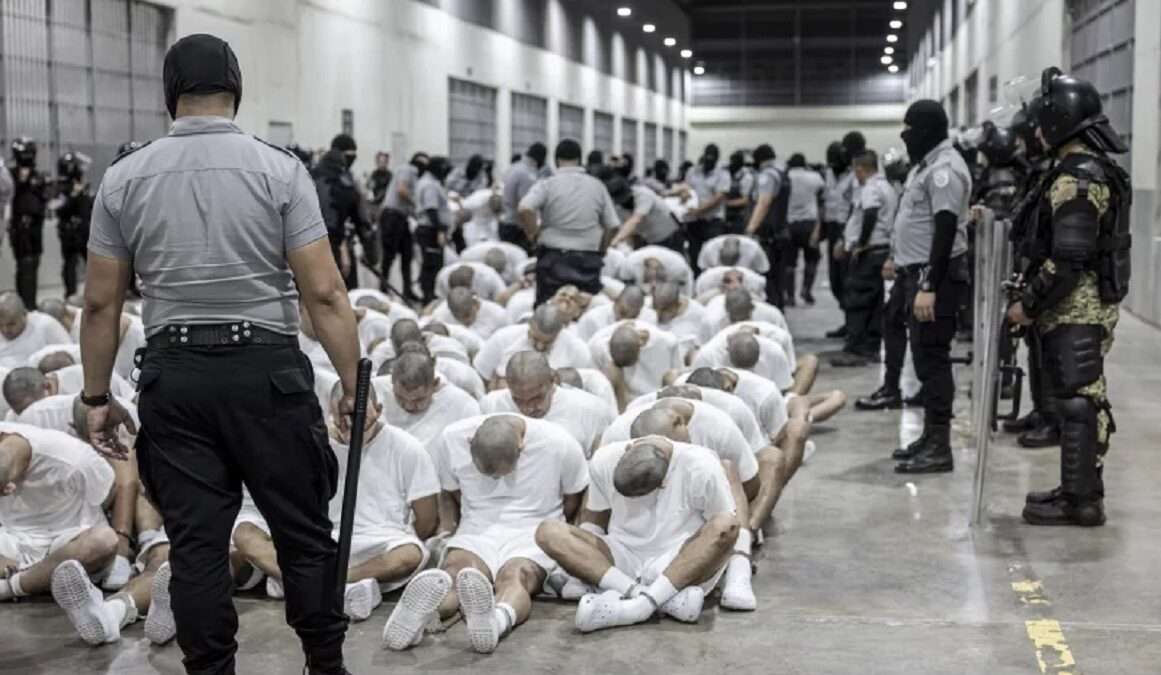
The headline from the Supreme Court the other day was its interim shadow docket decision regarding President Donald Trump’s cancellation of $783 million for scientific research at the National Institutes of Health (NIH). Through an executive order, he issued “guidance” on how NIH grants are to be administered by the agency, including that it will not fund scientific research related to diversity, equity, and inclusion (DEI). Moving forward, the agency would not fund gender identity or COVID-19 or award grants based on race either.
The short, unsigned order on the Supreme Court’s so-called shadow docket, which modified a stay of Trump’s order issued by a Massachusetts federal court, was all over the place. Eight justices, except Amy Coney Barrett, dissented from part of the ruling. The 5-4 split decision had no majority opinion and just a single, sparse paragraph.
The issue in the case was bifurcated. The first branch invalidated the governing guidance Trump relied on to stop paying the challenged grants, while the second ordered the government to pay the funds. Four Republican-nominated justices (Clarence Thomas, Samuel Alito, Neil Gorsuch, and Brett Kavanaugh) voted to reverse entirely. Four other justices (John Roberts, Elena Kagan, Sonia Sotomayor, and Ketanji Brown Jackson) voted to affirm the lower court’s decision. Barrett straddled the fence—staying the repayment order (because she thought relief must come from the Court of Federal Claims, not the federal district court), but leaving the guidance vacated. It is risible how the NIH can block grant funding when the guidance for stopping the funding has been enjoined.
Curiously, Chief Justice John Roberts, who has evinced an outsized deference to the president, went wobbly. Joining the liberals’ dissent, he noted the government had conceded that the district court’s two remedies are “inseparable.” Roberts concluded that, in such circumstances, the district court was not “required . . . to split [the Siamese twins] into two parts.”
Even though litigation over NIH grant payments will likely proceed in the Court of Claims, the administration can, at least for the time being, withhold NIH funding for research it deems woke. The Court’s illogic boggles the mind. How can they plausibly hold that in a case where, after a hearing, the lower court has decided that the government’s conduct is probably illegal, and then allow the illegality to continue indefinitely while they consider the matter?
In a dissent, Justice Jackson pointed out the politics behind the legal reasoning:
For a cautionary tale about lawmaking on the emergency docket, look no further than this newest iteration. By today’s order, an evenly divided Court neuters judicial review of grant terminations by sending plaintiffs on a likely futile, multivenue quest for complete relief. Neither party to the case suggested this convoluted procedural outcome, and no prior court has held that the law requires it.
Jackson labeled the NIH case the “newest entry in the Court’s quest to make way for the Executive Branch” and one that “has real consequences, for the law and for the public.”
Barrett’s opinion aligned with the Court’s birthright citizenship ruling, making aggrieved parties scurry to seek redress from multiple federal courts. She would require recipients whose grants had been blocked to file a claim in one court for their claim that Trump had acted illegally, and in another to recover their money. Barrett’s approach hardly serves the law, science, or the American people. Even the Trump administration argued to the Court that the two issues were “inseparable.”
Barrett claimed a prior shadow docket opinion blessed her approach. But that decision is against her. In the earlier case, involving education-related grants, the Court observed that the government’s waiver of sovereign immunity does not necessarily apply to a claim for money damages, recognizing that while a district court’s jurisdiction “is not barred by the possibility” that an order setting aside an agency’s action may result in the disbursement of funds. This was Roberts’s point in his separate opinion, joined by the three liberal justices.
With Justice Barrett teetering, the 5-4 majority blocked a district court ruling that initially ordered the NIH to fund the grants. Another 5-4 majority kept intact the part of the district court’s ruling that had blocked the specific government guidance justifying the grant cutoffs—the first minor setback for Trump (if it can be seen as such) on a shadow docket application since April.
In her dissent, Jackson wrote that the Supreme Court has entered a judicial era of Calvinball. Her reference was to the comic Calvin and Hobbes, where the characters played a fictional game called “Calvinball,” in which the rules constantly change.
The only fixed rule in Calvinball is that you can’t play it the same way twice.
Jackson argued that her colleagues in the majority adopted this distorted, special rule solely because of the applicant’s identity: “This is Calvinball jurisprudence with a twist. Calvinball has only one rule: There are no fixed rules. We seem to have two: that one [there are no fixed rules], and [the other] this Administration always wins.”
In casinos, the house always has an advantage, and it doesn’t need to explain why. On the Supreme Court shadow docket, it’s not entirely different—heads, Trump wins; tails, the people lose. And there’s no need to explain why. It should not be surprising that the Court would act this way regarding health research. The only cold comfort is that the Chief Justice might be starting to realize that the game has been rigged against the welfare of Americans.
The post In NIH Funding Case, the Supreme Court Makes Up the Rules as It Goes Along appeared first on Washington Monthly.


 2 hours ago
3
2 hours ago
3 










 Bengali (Bangladesh) ·
Bengali (Bangladesh) ·  English (United States) ·
English (United States) ·